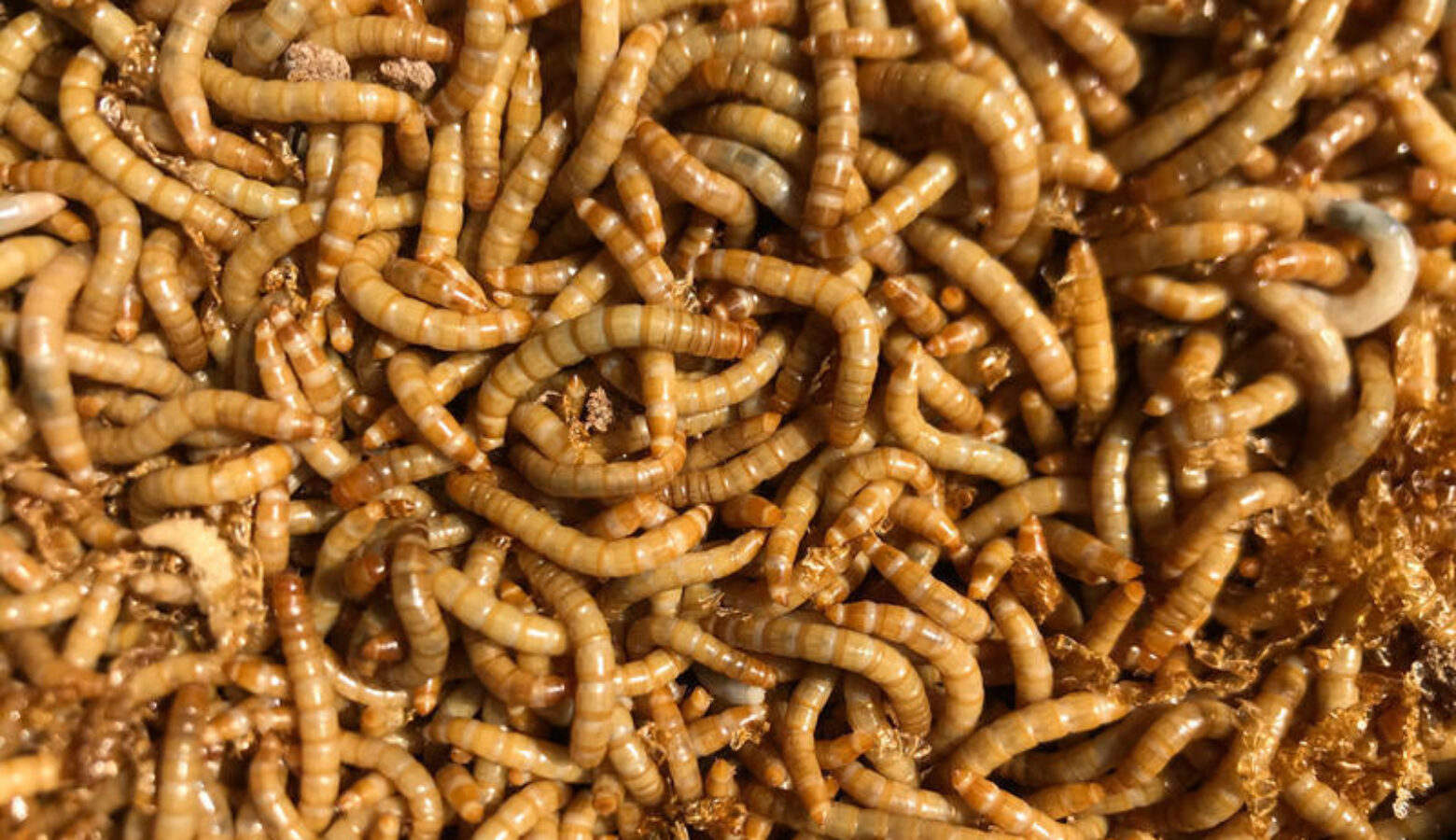New Research Center Aims To Put More Bugs In Our Food System — And Maybe On Our Plates

Thirty years from now, the way we feed livestock, pets, and even ourselves might include a lot more bugs. With the help of a more than $2 million grant from the National Science Foundation, IUPUI is partnering with food companies and other universities to research insect farming.
Due to overpopulation, extreme temperatures, and irregular rainfall — the United Nations’ Food and Agriculture Organization expects agriculture to fall 40 percent short of the world’s needed food supply by 2050.
Farming bugs to feed livestock — and us — could reduce the need to work so much land for agriculture. That means less gas for farm equipment and less fertilizer running into rivers and streams — improving the land, air, and water quality.
Christine Picard is one of the lead researchers at the new Center for Environmental Sustainability Through Insect Farming. She’s an associate professor in IUPUI’s Department of Biology and the director of the university’s forensic and investigative sciences program. Picard said chickens, for example, naturally eat bugs.
“So why aren’t we doing that rather than raising corn and soybean and all these other protein sources for feeding chickens, which is an unnatural diet?” she said.
Picard said insects can also reduce waste in agriculture by eating the parts of plants that we don’t use.
Other countries have used insects for food and livestock feed for years. While the U.S. allows people to sell crickets and mealworms for snacks and has approved black soldier flies as livestock feed, the idea of using bugs hasn’t really caught on. Picard said that’s likely because we haven’t had to use them.
“We’ve had an abundance of land, we have an abundance of water, and all these natural resources that we’re surrounded by,” she said. “And so we’ve been able to raise the animals that we want to raise without much consideration for the environment.”
Picard said just replacing a few things in our food system with insects could have a big, positive impact on the environment. She said she personally incorporates a bit of cricket flour into her baking.
“My kids don’t know. They don’t even realize that that’s — there’s there’s absolutely no taste difference, no texture difference,” Picard said. “And so that’s just one small way that you can make this change. You do not have to go out there and eat the scorpion or the whatever you might have seen on some TV show.”
The new Center for Environmental Sustainability Through Insect Farming hopes to find insects that can be farmed that are safe, sustainable, and nutritious.
Contact reporter Rebecca at [email protected] or follow her on Twitter at @beckythiele.
Indiana Environmental reporting is supported by the Environmental Resilience Institute, an Indiana University Grand Challenge project developing Indiana-specific projections and informed responses to problems of environmental change.


